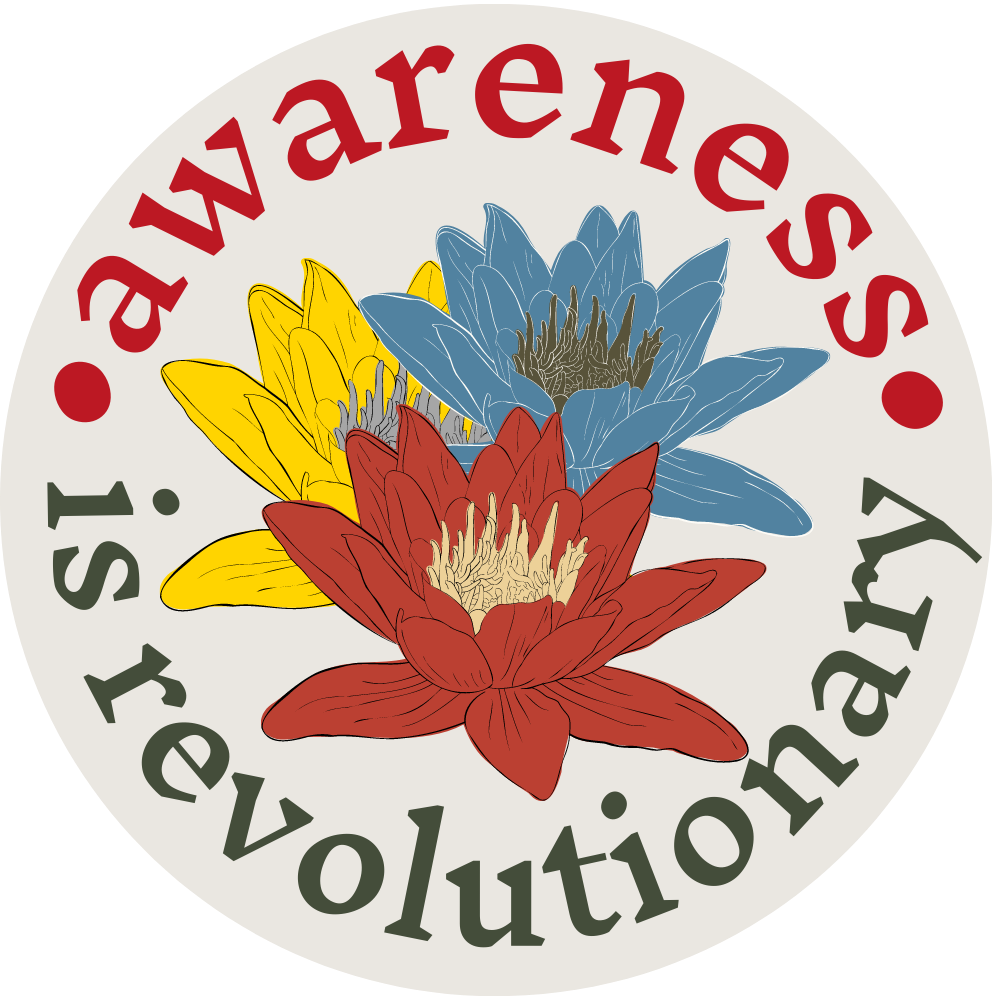
Session 4:
Prompts
1) Mindfulness (sati) as Re-Membering of History
“The great force of history comes from the fact that we carry it within us, are unconsciously controlled by it in many ways, and history is literally present in all that we do.” - James Baldwin, The Price of the Ticket: Collected Nonfiction, 1948-1985
“History is not the past. It is the stories we tell about the past. How we tell these stories - triumphantly or self-critically, metaphysically or dialectally - has a lot to do with whether we cut short or advance our evolution as human beings.” - Grace Lee Boggs
How does our (mis)recollection of history impact our present?
As far as you know or imagine, how have your ancestors been implicated and/or impacted, directly or indirectly, by slavery and colonialism?
What are practices of re-membering you find helpful?
What arose for you in response to the different people involved in the 2 videos: about the Jolly Family (UK - David Jolly and Sir. Michael Maxwell) and the Genealogist (US - the young journalist, the two older farm workers, the plantation owner, the historian-genealogist)?
2) Racial Karma
“Not everything that is faced can be changed, but nothing can be changed until it is faced.” - James Baldwin, The Price of the Ticket: Collected Nonfiction, 1948-1985
How does your experience and understanding of karma come to bear on slavery, genocide, colonialism and the construction of race?
What is our responsibility as white people?
3) Loving Each-other
“White people in this country will have quite enough to do in learning how to accept and love themselves and each other, and when they have achieved this—which will not be tomorrow and may very well be never—the Negro problem will no longer exist, for it will no longer be needed.” James Baldwin
In light of the history we have studied, what does this quote mean? How does it liberate Black people if as white people we accept and love each-other? How does it liberate us?
How do you relate to this quote as a Buddhist? As a student of history?
